Ewan McGregor interview: 'Trainspotting sequel T2 has a different energy, they're not 20-year-olds anymore'
The Scottish actor talks about his directorial debut American Pastoral, which he also stars in, as well as working with Danny Boyle again on T2: Trainspotting
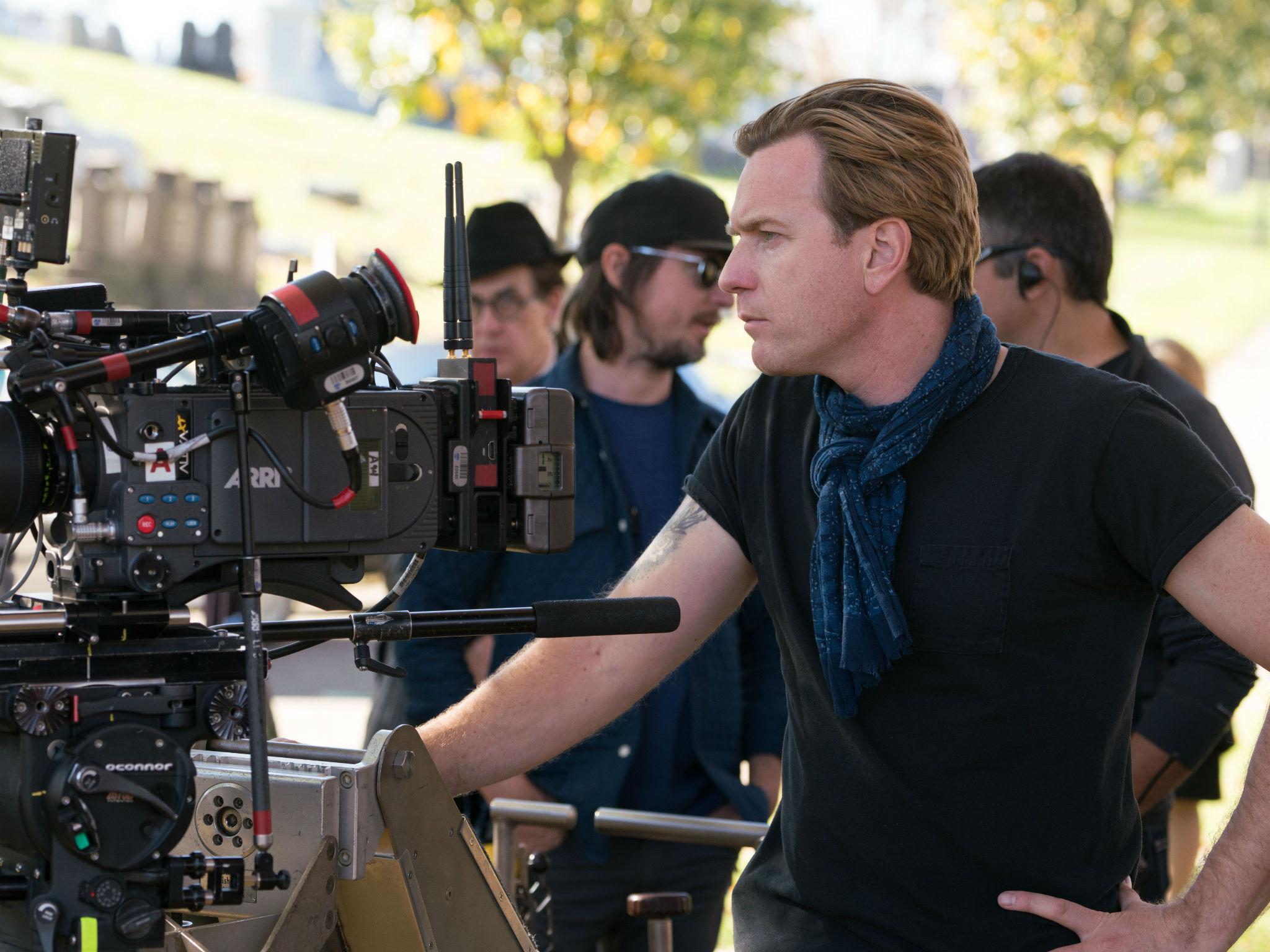
There is one question about Ewan McGregor’s directorial debut American Pastoral that McGregor get asked all the time and that can’t help but make the Trainspotting star bristle. Did he, as a Scottish actor and filmmaker, feel he was in any way trespassing by making a movie based on such quintessentially American material? The film is adapted from Philip Roth’s Pulitzer Prize-winning 1997 novel about a seemingly happy and sucessful all-American family man, whose daughter turns into a terrorist.
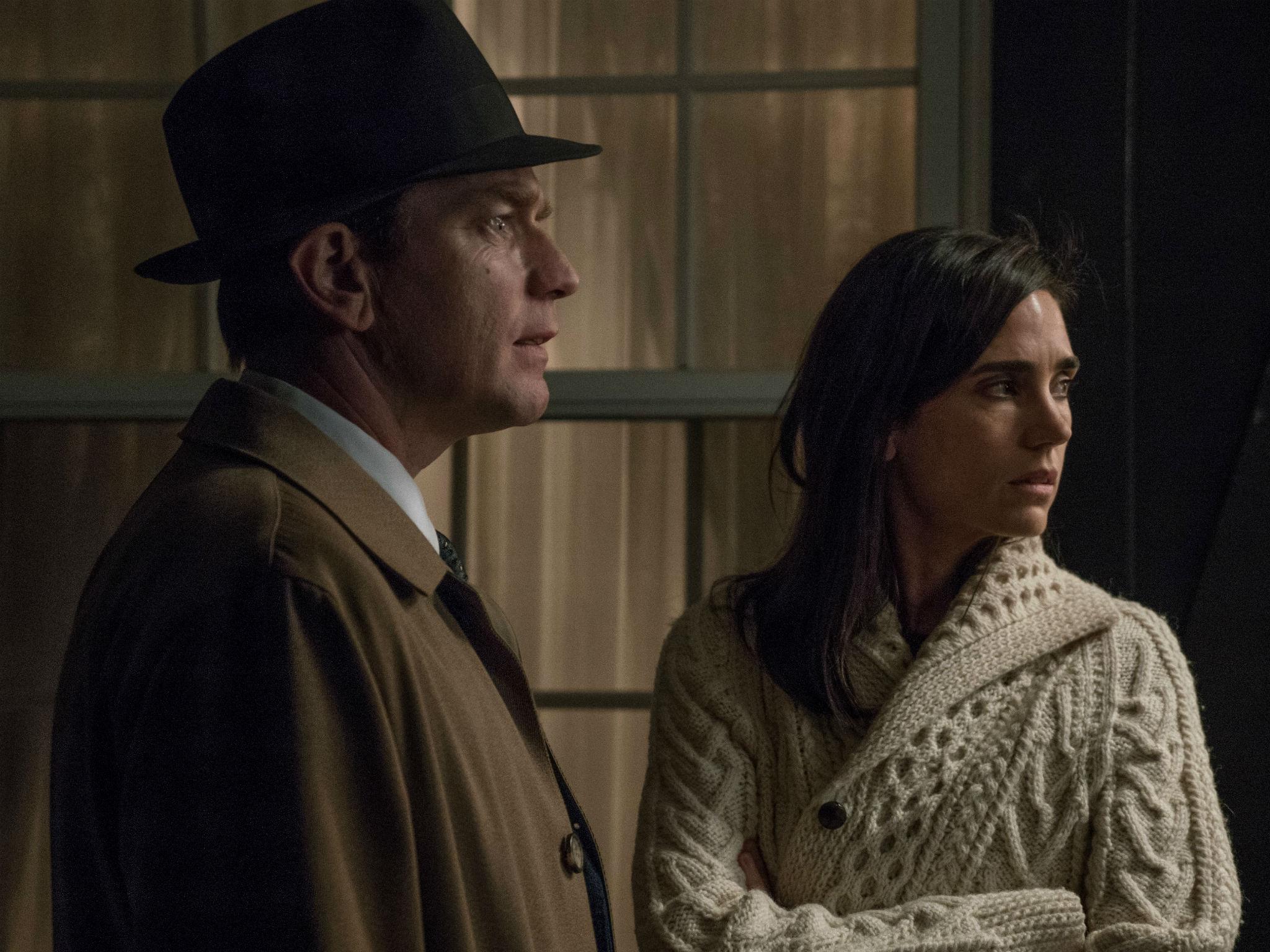
“I don’t think it has ever been asked of me as an actor before. Of all my acting roles, how many of those are Scots?” McGregor protests at the idea that nationality should have any bearing at all on artistic choice. “We are in the creative business. We’re in the business of imagination and comment and storytelling. Our nationality doesn’t really have anything to do with it. If you’re tackling any story that you don’t understand something about that story, then you learn about it. That is your job and your responsibility.”
Before beginning production on American Pastoral, McGregor (who also plays the lead role) researched extensively such events as the Newark riots of 1967 and the thousands of bombings that took place in America during the 1960s.
“I am very proud this is my first Jewish story,” McGregor continues. He points out that he did play Jesus once before (in Rodrigo Garcia’s Last Days In The Desert) but that the “Swede", as the father in American Pastoral is nicknamed, is his first properly Jewish role.
“I am married to a Jew. My children are Jews. For me, that was a really beautiful part of it [making the film] that I am very proud of. I was able to bring all my experience of that faith onto screen at last.”
McGregor is giving me an interview a fortnight or so after a London screening of American Pastoral, which his parents attended and after which he did a Q&A on stage with Danny Boyle (who has just directed him in T2, the Trainspotting sequel). Boyle was very moved by McGregor’s film, which he had seen twice. In particular, Boyle drew attention to McGregor’s delicate direction of the female cast members – Dakota Fanning as the troubled daughter, Jennifer Connelly as the Swede’s beautiful but tormented wife. “I cried at the end,” Boyle confessed.
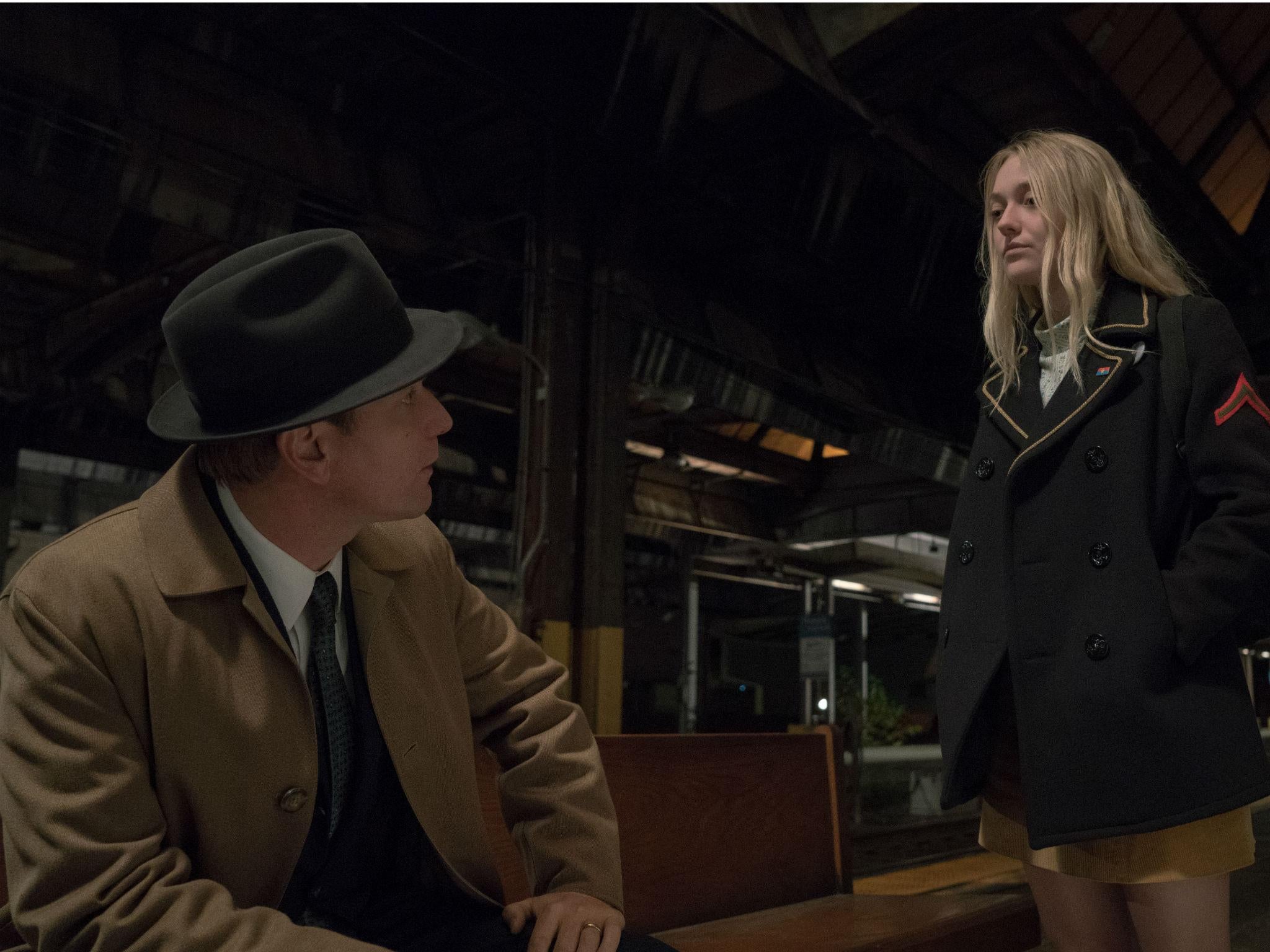
What was striking about the Q&A was the admiration and warmth that Boyle and McGregor clearly felt for one another. It hasn’t always been thus. Back in 2000, when Leonardo DiCaprio was cast as the lead in The Beach, McGregor was very peeved indeed. He had given brilliant performances for Boyle in Shallow Grave (1994), Trainspotting (1996) and A Life Less Ordinary (1997) and felt he was core part of the creative team that also included producer Andrew Macdonald and doctor-turned-writer, John Hodge. Nonetheless, on their biggest budget movie, they went for DiCaprio instead of him. I ask if his grievance against the old team is now in the past.
“Yeah… but it took a long time for it to be in the past. It wasn’t just about The Beach. It’s deeper than that in the way it was handled,” McGregor reflects. “I felt very much like his [Boyle’s] actor and I felt very involved: part of this new piece of British cinema. I felt we stood for something. I felt part of something bigger than just my acting career, part of something important. I thought what Shallow Grave and Trainspotting did in British cinema was big and had left its mark. I felt the loss of more than just an acting role in The Beach. The way it was handled cost us our friendship for years. It was a lot to put behind us and it has taken 20 years to do it! It’s a great shame we didn’t work together for all these years.”
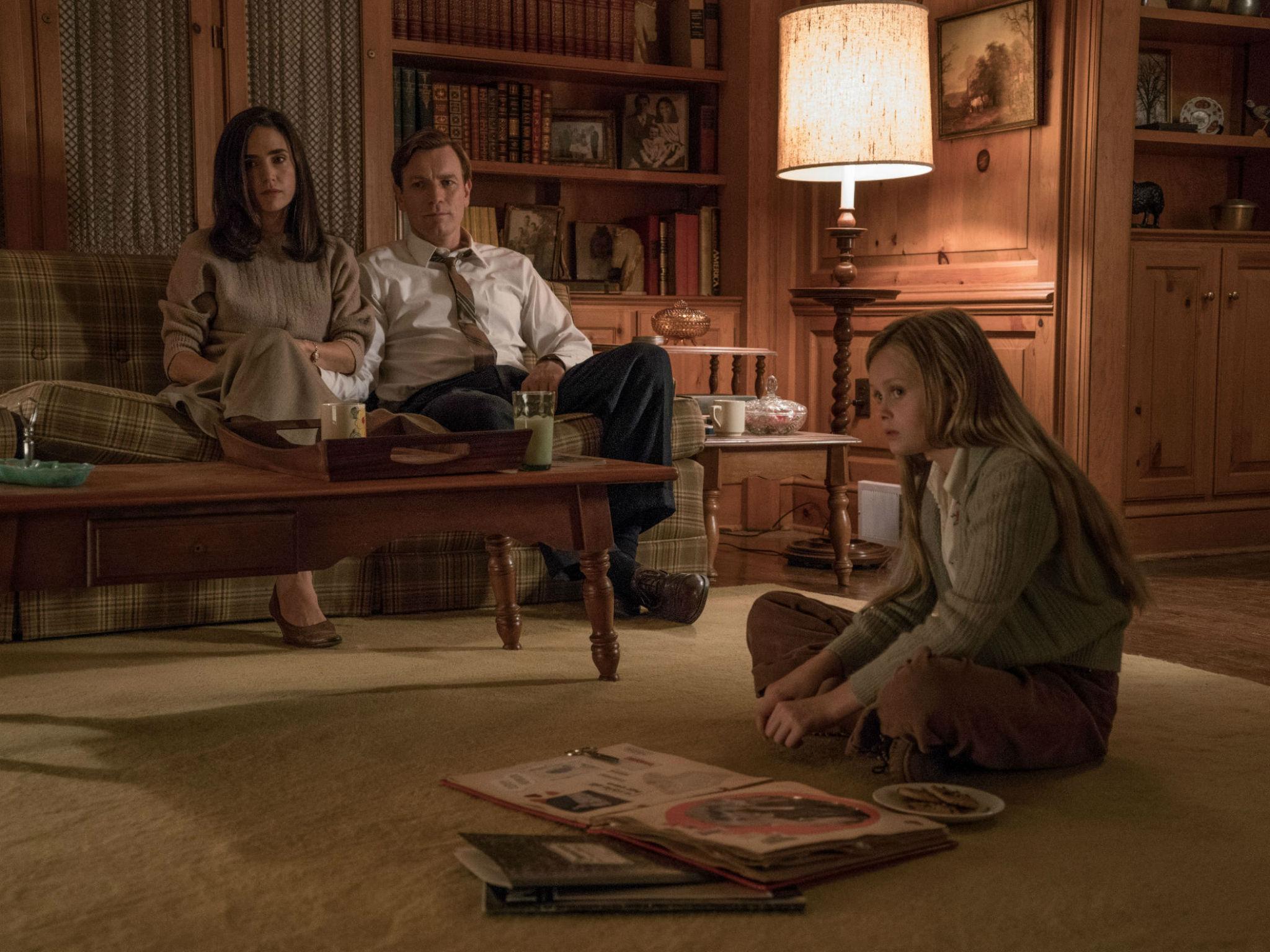
Now, McGregor is back in the fold. He went off to play Renton again in the Trainspotting sequel the very day after he finished the sound mix on American Pastoral. “I loved it!” he enthuses of T2. “It was great after having this directing experience to go back and work with one of my favourite ever directors [Boyle]. I loved it, I really did love it. It was a wonderful experience to be back with those guys: Kelly [Macdonald], Jonny Lee Miller, Bobby Carlyle and Ewen Bremner and to be speaking John Hodge’s words again. I haven’t worked on a John Hodge script since A Life Less Ordinary. It has been a very long time and I like the way he writes. I’ve always enjoyed the style of his writing.”
As for Boyle, McGregor rhapsodies about his “gentle but strong leadership and absolute artistic sensibility… the quiet confidence he has about what he is doing and that encourages really good work across the board.”
The first Trainspotting was famous for its madcap energy. It may have been about drug-taking skaggies from Leith but it moved at the frenetic pace of the Iggy Pop music that accompanied McGregor’s delirious dashes through the Edinburgh streets. The actor warns his fans that the new film is going to have a tempo in keeping with the more advanced age of its protagonists. “We didn't try to remake Trainspotting. You’ll see. It has its own rhythm and unique pace and energy but which is not the energy of 20-year-old people. The characters are no longer 20-year-old people.”
Even so, McGregor makes shooting T2 sound like the perfect pick-me-up after American Pastoral. He relished his experiences on the Philip Roth adaptation but acknowledges that it was exhausting. He is in almost every scene of the film but, as the film’s director, he also had multiple other demands on his time.
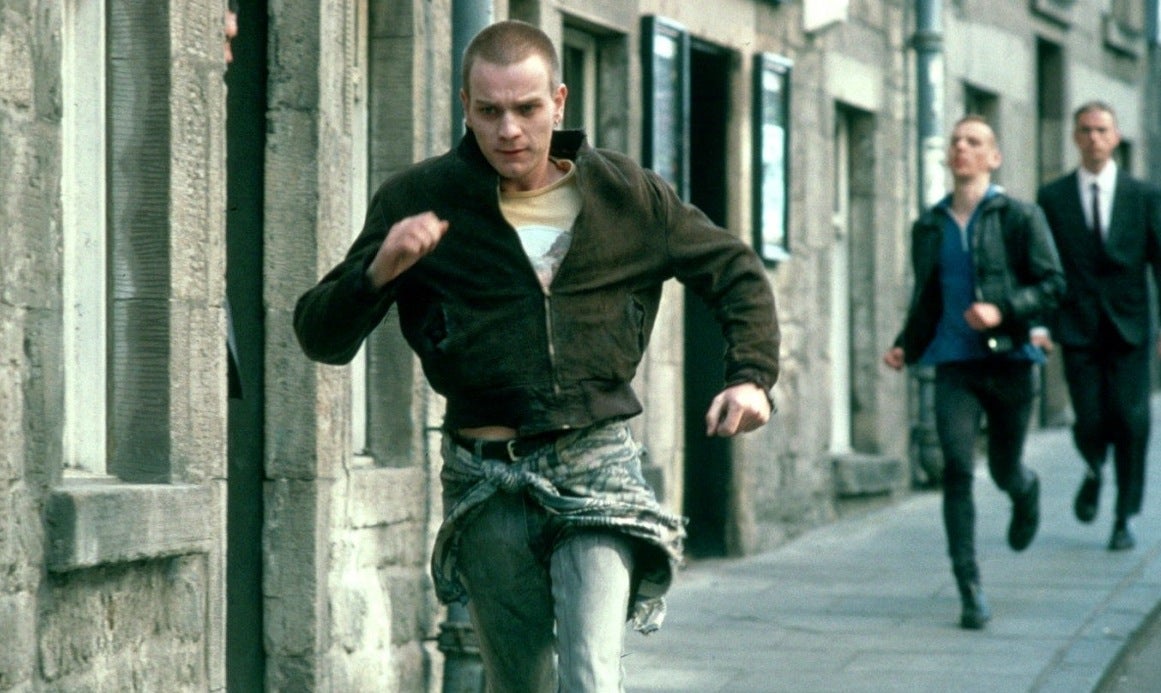
“There is a responsibility to it that I didn’t take lightly. I am serious about my work. I took it [directing American Pastoral] very seriously. There was a lot of money at stake. There was reputation at stake, my own. I was going to be standing in front of a professional film crew and professional actors, all of whom I admire. I didn’t want to fail – to mess it up and make a crap film. I woke up to that responsibility heavily every morning.”
In his own mind, the star sees American Pastoral as the kind of feature he might have been expected to make “second”. It had a biggish budget and established stars. Now, he wants to direct again but to make what would normally be considered a debut feature – a low-budget feature with unknown actors, one that he can make in Scotland.
“I’d like to find a very contemporary story with young people. I’d like not to be in it. I’d like to have less money and a shorter space of time. I dunno, I think maybe it should be a young urban romance.”

McGregor ranks with Sean Connery as one of Scotland’s most famous film stars. In recent years, the country has struggled to compete with others parts of Britain in attracting film production. One major drawback is the country doesn’t yet have its own fully-fledged, purpose-built film studios. Ask McGregor about this and he strikes a determinedly diplomatic note.
“In terms of encouraging filmmaking into Scotland, we’ve got really great technicians in Scotland, on a par with anywhere else in the world I’ve worked. Also, we’ve got extraordinary scenery and cities – an awful lot to offer,” he says. “I can’t see that it would be anything other than a benefit to have a film studio in Scotland. We end working in old factories. For filmmaking, it’s not ideal. If it’s raining you have to stop shooting. If a plane goes overhead or a lorry goes by, you have to stop.” At the same time, he’d be reluctant to argue for public money to be spent on a film studio rather than on, say, the NHS.
American Pastoral may have been shot in the US but the Scot still sees it as a personal project. “I have all this experience with girls. I have four daughters. I know intimately that relationship. I know what it feels like to be the father of a girl. It made me empathise with The Swede a lot when I read the script for the first time.”
His wife Eva, to whom he has been married for 21 years, told him that he should take the chance to go behind the cameras himself when the original director left the project. Two of his daughters have now seen the film and given it the thumbs up. So, to his huge relief, has Philip Roth himself. “He [Roth] sent a very nice email to his agent and in the email, he asked for it to be shared with us, the filmmakers. He passed on his thoughts. They were very positive. It meant a great, great deal to me… if he hadn’t liked it, I would have felt I had failed a little bit.”
American Pastoral is released on 11 November. T2: Trainspotting is released on 27 January 2017
Join our commenting forum
Join thought-provoking conversations, follow other Independent readers and see their replies
Comments
Bookmark popover
Removed from bookmarks